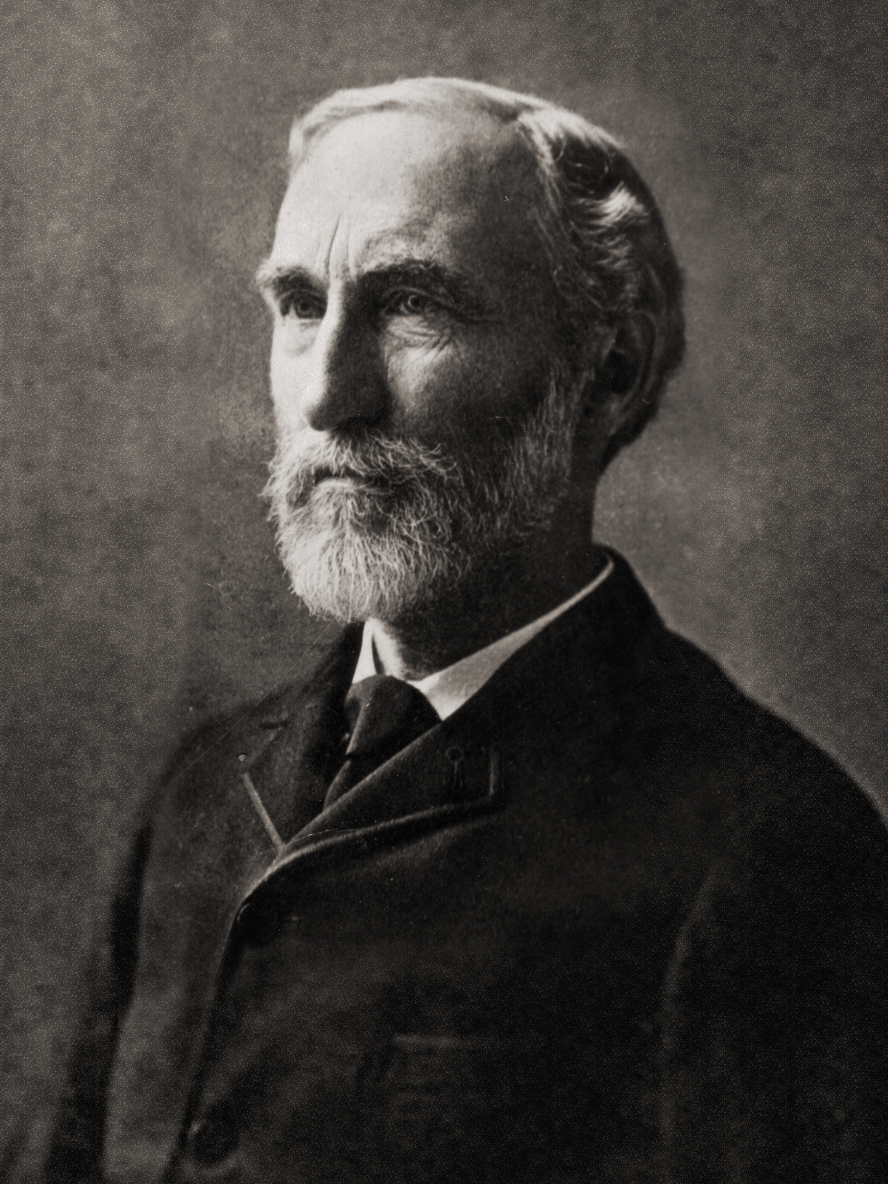Fuente: J. Willard Gibbs: Elementary Principles in Statististical Mechanics (1902), Prefacio, ix.
Frases célebres de Josiah Willard Gibbs
“Las Matemáticas son un lenguaje.”
En una reunión de profesores de Yale, durante una discusión sobre los requisitos lingüísticos en el plan de estudios de pregrado.
Fuente: Citado en M. Rukeyser: Willard Gibbs, (Garden City, NY: Doubleday, Doran & Co., 1942), p. 280.
Fuente: Citado por C. S. Hastings en "Memoria biográfica de Josiah Willard Gibbs, 1839-1903", National Academy of Sciences Biographical Memoirs, vol. VI, (Washington, D.C.: National Academy of Sciences, 1909), pág. 390. Memoria completa http://books.nap.edu/html/biomems/jgibbs.pdf
Fuente: J. Willard Gibbs: Elementary Principles in Statististical Mechanics (1902), Prefacio, viii.
Fuente: De la carta de Gibbs aceptando la Medalla Rumford (1881). Citado en: A. L. Mackay, Diccionario de Citas Científicas (Londres, 1994).
Fuente: Citado en: R. B. Lindsay, "Sobre la relación entre Matemáticas y Física," Scientific Monthly nº 59, 456 (diciembre de 1944)
Josiah Willard Gibbs: Frases en inglés
“A mathematician may say anything he pleases, but a physicist must be at least partially sane.”
Quoted in R. B. Lindsay, "On the Relation of Mathematics and Physics," Scientific Monthly 59, 456 (Dec. 1944)
Attributed
From the preface to Elementary Principles in Statististical Mechanics (1902), p. viii. Full book https://archive.org/details/elementaryprinc00gibbgoog
From Gibbs's letter accepting the Rumford Medal (1881). Quoted in A. L. Mackay, Dictionary of Scientific Quotations (London, 1994).
At a Yale faculty meeting, during a discussion of language requirements in the undergraduate curriculum. Quoted in Muriel Rukeyser, Willard Gibbs (Garden City, NY: Doubleday, Doran & Co., 1942), p. 280.
Attributed
Quoted by C. S. Hastings in "Biographical Memoir of Josiah Willard Gibbs 1839-1903," National Academy of Sciences Biographical Memoirs, vol. VI (Washington, D.C.: National Academy of Sciences, 1909), p. 390. Complete memoir http://books.nap.edu/html/biomems/jgibbs.pdf
Attributed
From Gibbs's obituary for Rudolf Clausius (1889). See The Collected Works of J. Willard Gibbs, vol. 2 (New York: Longmans, Green and Co., 1928), p. 267. Complete volume http://www.archive.org/details/collectedworksj00longgoog
“The whole is simpler than its parts.”
Quoted by Irving Fisher in "The Applications of Mathematics to the Social Sciences," Bulletin of the American Mathematical Society 36, 225-243 (1930). Full article http://projecteuclid.org/euclid.bams/1183493954
Attributed
“Anyone having these desires will make these researches.”
About his own scientific work. Quoted in Muriel Rukeyser, Willard Gibbs (Garden City, NY: Doubleday, Doran & Co., 1942), p. 431.
Attributed
From Gibbs's obituary for Hubert Anson Newton (1897), in the Biographical Memoirs of the National Academy of Sciences http://www.nasonline.org/publications/biographical-memoirs/memoir-pdfs/hubert-newton.pdf.
From the preface to Elementary Principles in Statististical Mechanics (1902), p. ix.
Quoted in Muriel Rukeyser, Willard Gibbs (Garden City, NY: Doubleday, Doran & Co., 1942), p. 4.
Attributed
